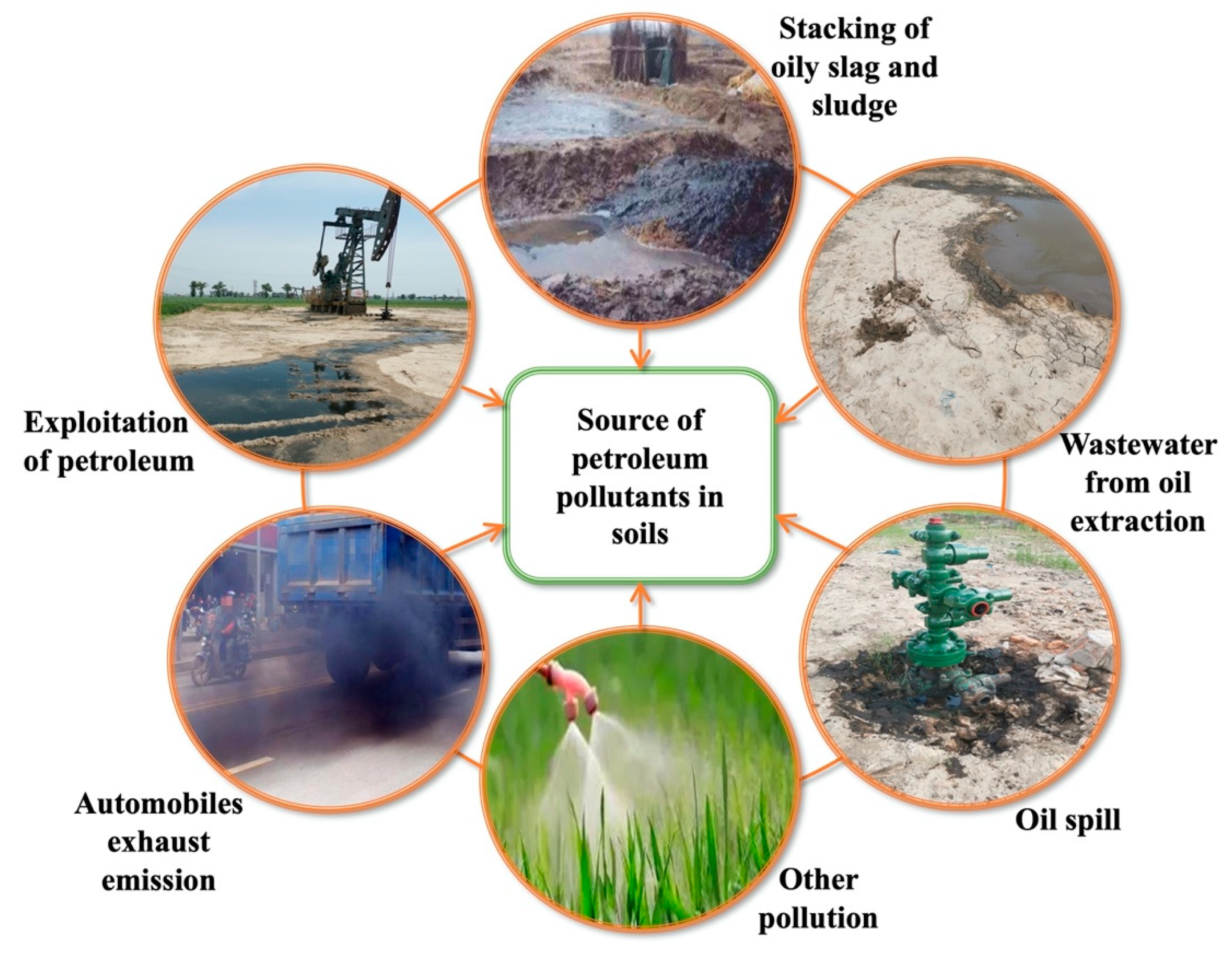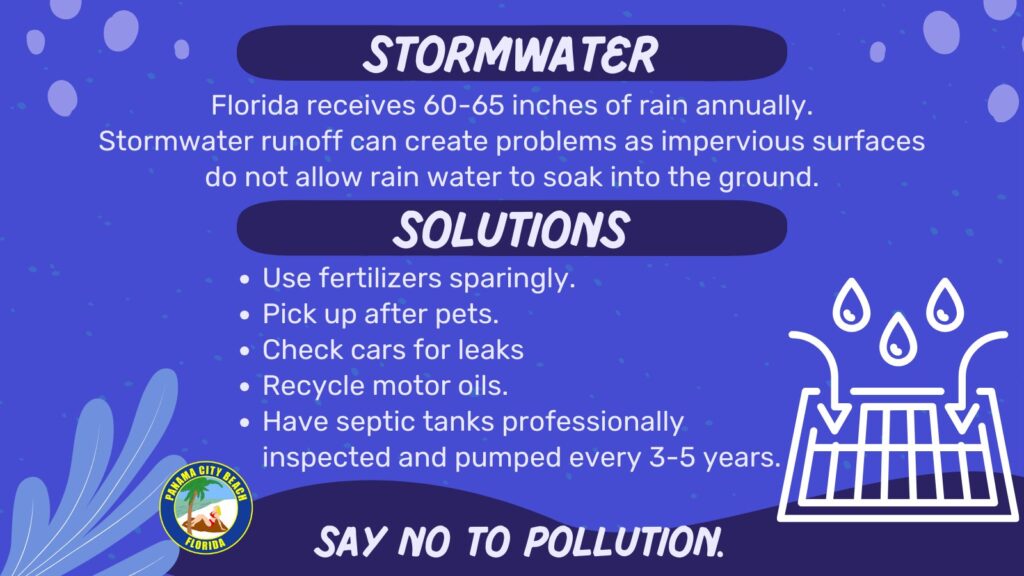The smell of motor oil can sometimes be overpowering and lingering. But is it toxic to breathe in? In this article, we’ll explore the potential dangers of inhaling engine oil fumes and whether it poses a risk to human health.
Potential Toxic Compounds in Engine Oil
Engine oil contains a variety of chemical compounds, including volatile organic compounds (VOCs) such as benzene, toluene, ethylbenzene, and total xylenes. These compounds have been identified as potential carcinogens by regulatory agencies, making them a cause for concern.
Exposure to low levels of VOCs may cause temporary irritation of the eyes, nose, throat, and skin. However, short-term exposure to fuel oil or motor oil fumes usually does not cause long-lasting harm. Symptoms such as dizziness, eye, nose, or throat irritation may occur when exposed to high concentrations of these fumes in enclosed spaces like basements or in large spills.

Credit: www.dailymail.co.uk
Proper Handling and Storage of Motor Oil
Motor oil should always be handled and stored with care. It is considered toxic and should be kept in a safe location away from children. Under no circumstance should motor oil be consumed by humans, as it can be extremely dangerous. The process of changing engine oil also requires careful planning to prevent accidental ingestion.
When recycling engine oil, it is important to store it in a sealed container and avoid mixing it with any other substance. This ensures that the oil can be properly recycled without causing harm to the environment or human health. Improper disposal of engine oil can pose a risk to both.
Health Risks Of Inhaling Motor Oil Fumes
Inhaling oil mist or vapors at elevated temperatures may cause respiratory irritation. This can lead to temporary discomfort and potential health issues. It is always recommended to minimize exposure to these fumes and maintain proper ventilation when working with motor oil.
Protecting Yourself from Engine Oil Exposure
To protect yourself from potential health risks associated with engine oil exposure, here are a few precautions you can take:
- Ensure proper ventilation when working with motor oil or engine components that may release fumes.
- Wear protective equipment such as gloves and a respirator when handling motor oil or other chemicals.
- Avoid inhaling oil fumes directly and take breaks in well-ventilated areas.
- Follow proper disposal guidelines to prevent contamination of the environment.
By following these safety measures, you can minimize your risk of inhaling harmful engine oil fumes and protect your health.

Credit: www.mdpi.com
Conclusion
Engine oil is considered toxic and should not be breathed in or consumed by humans. It contains volatile organic compounds that have been identified as potential carcinogens and can cause temporary irritation. Proper handling, storage, and disposal of motor oil are vital to prevent harm to both human health and the environment. By taking necessary precautions and being aware of the risks, you can ensure your safety when working with engine oil.
Read More:


